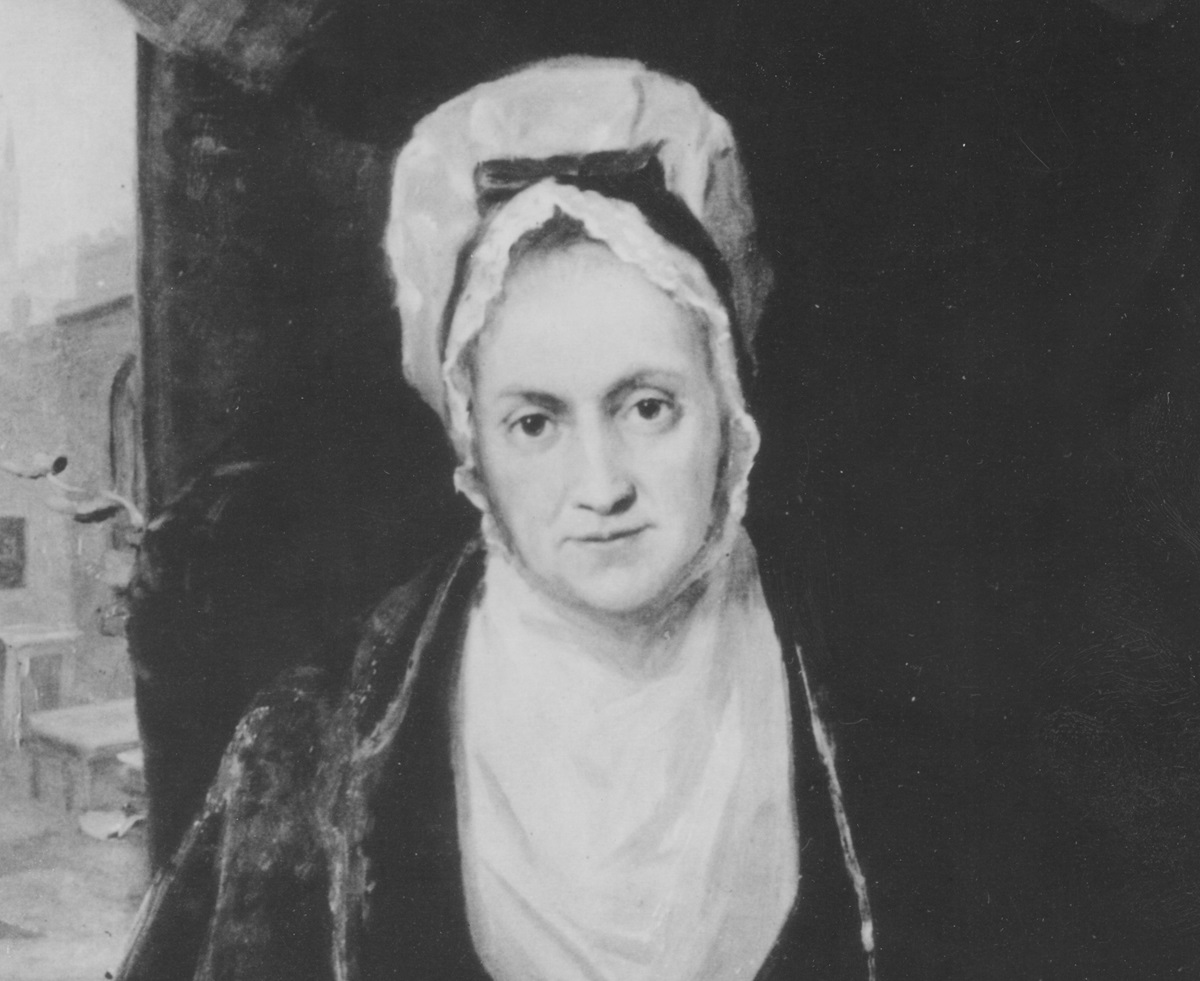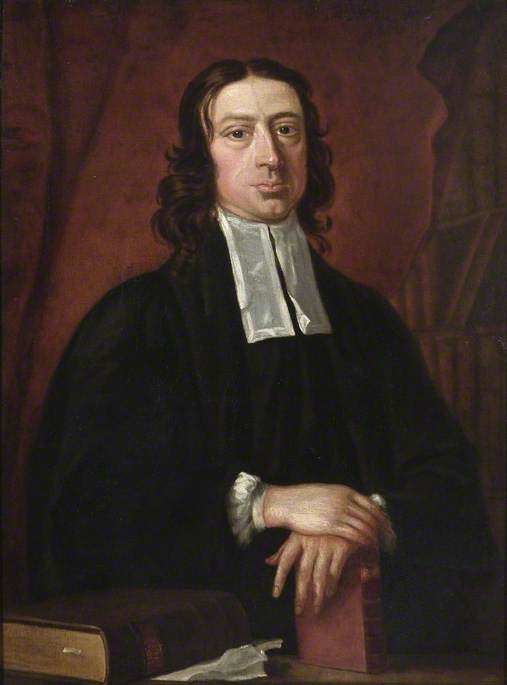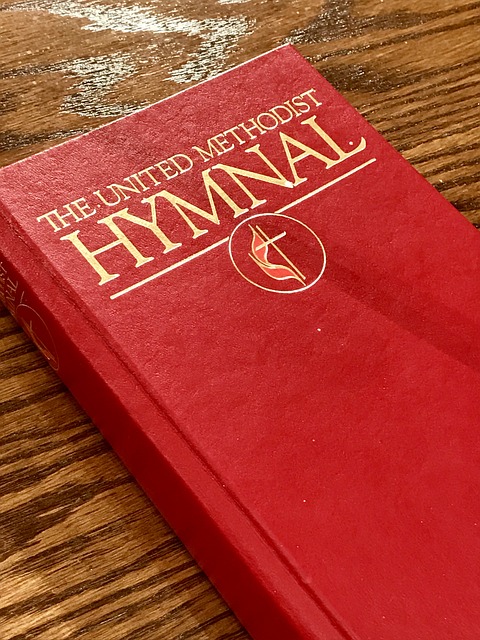
What She Didn’t Do
Before giving accolades to Susanna for what she accomplished, let’s put her situation in perspective. Educated at home, she never preached a sermon, never published a book, and never established a church. But over 280 years after her death, Susanna’s name is familiar in Christian history as the “Mother of Methodism.”
Humble Beginnings
Susanna entered this world in January 1669. Her father, a minister, and her mother raised a family of twenty-five children. Schooled at home, Susanna received a firm faith foundation from her father, her home life, and various theologians who visited the family’s residence.
At age nineteen, Susanna married Samuel Wesley, a Church of England pastor. Their tumultuous marriage stemmed from differing political views, Susanna’s adherence to her convictions, and Samuel’s poor handling of finances. Despite marital challenges, the couple produced nineteen children, with nine dying in infancy.
Meeting Mothering Challenges
Susanna’s place was in the home according to the society of her day. She faced the challenge of educating all her children, a task requiring six hours a day for twenty years with her husband frequently absent.
Her children’s formal education began the day after their fifth birthday when they began to learn to read and write. Susanna also expected them to become proficient in Latin and Greek and to memorize large portions of the New Testament. She craved order, and her systematic approach to educating her children benefited from this desire.
Instilling Faith In Her Children
As a mother, Susanna recognized her obligation to instill faith in her children. She accomplished that duty in two ways. First, she led by example. Daily the Wesley offspring witnessed their mother engage in lengthy prayer time, at least one hour each day. She struggled to find privacy in a house with many young children. To allow her time with the Lord, Susanna instructed her children not to disturb her if they found her with her apron over her head.
In addition to requiring Scripture reading and memorization, Susanna did all she could to ensure her youngsters understood God’s Word. To that end she wrote meditations and scriptural commentaries, including extended commentaries on the Ten Commandments, the Lord’s Prayer, and the Apostle’s Creed.

Impact On Her Children
The impact of their mother’s child-rearing is evident in the lives of Susanna’s sons, John (her fifteenth child) and Charles (her 18th child). As her sons grew up, how they lived out their faith reflected their mother’s example of order. When studying at Oxford, John and Charles formed a group with several other men who fasted, prayed, and served the poor. Because they operated in such an orderly fashion, other students called them “methodists.”
Each of Susanna’s sons accomplished a great deal as adults. Both became ministers, and the two were leaders in a revival movement within the Church of England known as Methodism. The Methodist Church, with millions of members worldwide and the largest mainline Protestant church in the US today, sprang from their work. Because of her example to her sons and influence on them, Susanna is known as the “Mother of Methodism.”
Like their mother, both John and Charles took to writing. John wrote, edited, or abridged some 400 publications. Charles was a prolific hymn writer, creating over 9,000 hymns. Christians still sing many of his works today, including “Hark! The Herald Angels Sing,” “Love Divine, All Loves Excelling,” “And Can It Be,” “O For A Thousand Tongues To Sing,” “Rejoice The Lord Is King,” “Come Thou Long Expected Jesus,” “Christ The Lord Is Risen Today,” and “Soldiers” Of Christ, Arise.”

Susanna’s Legacy
Susanna Wesley made a mark in history because of what her sons John and Charles accomplished. But her example and influence equipped them to achieve what they did, She faithfully rose to the challenge to complete the task she faced.
Susanna did not seek fame or glory. She simply desired to love her Lord and to teach her children to do the same. Her humbleness shines through in her words, “I am content to fill a little space if God be glorified.” She used her little space in a small home in England to train up her children in the way that they should go, and God was glorified worldwide through her efforts.
During Women’s History Month, let’s remember the powerful influence women can have on the next generation and ultimately their world. A prime example is Susanna Wesley, a model mom and Mother of Methodism.














